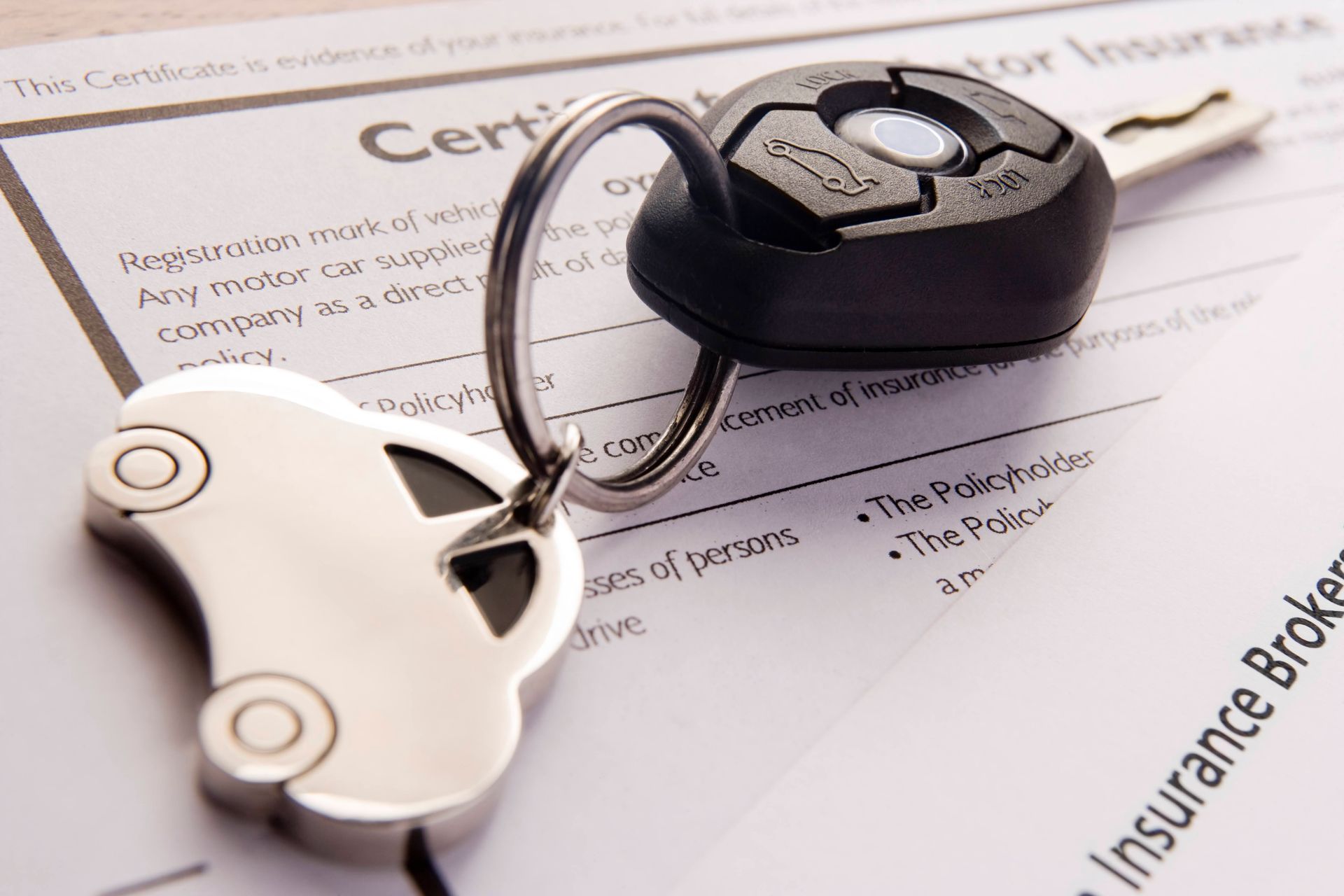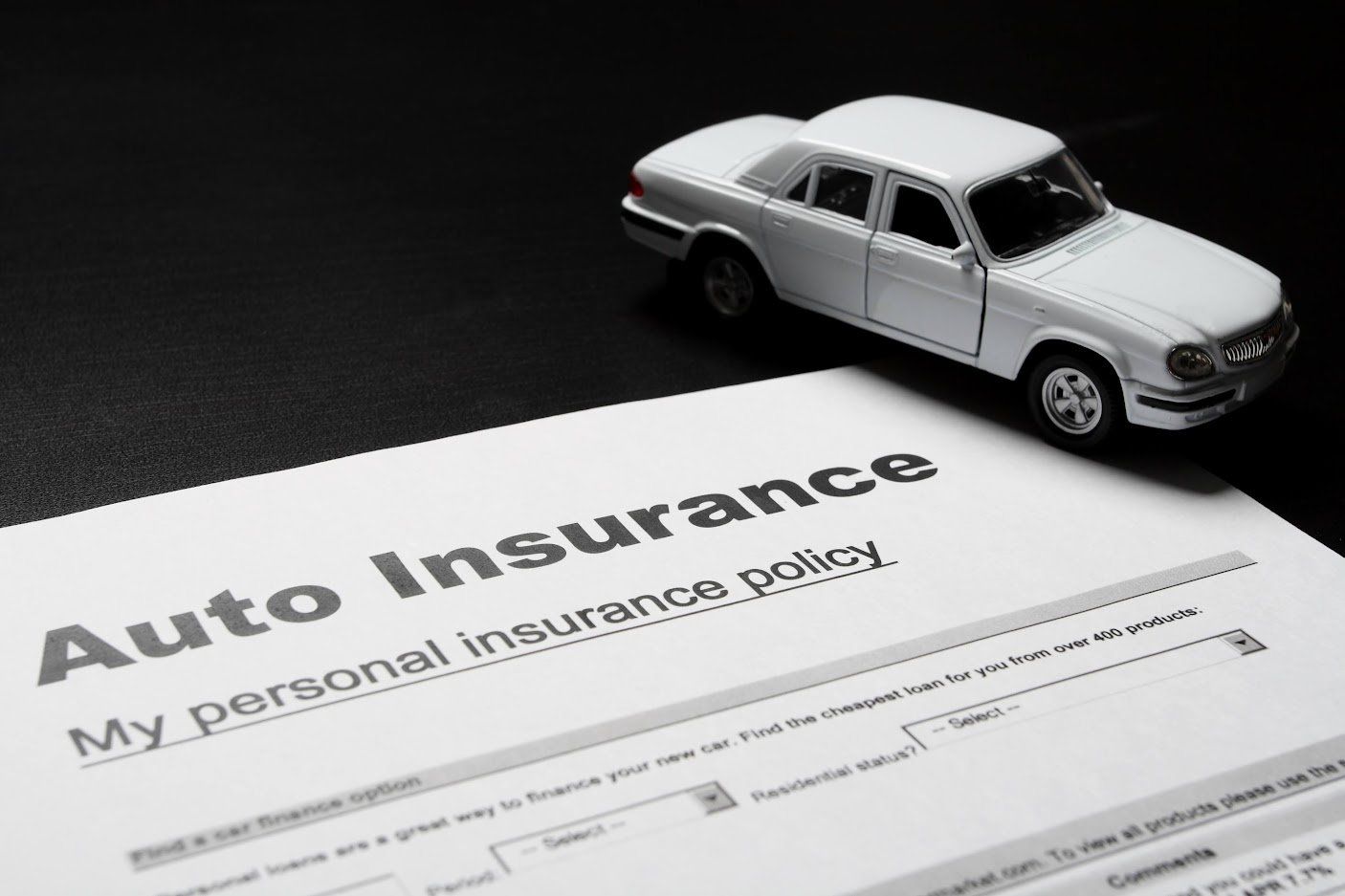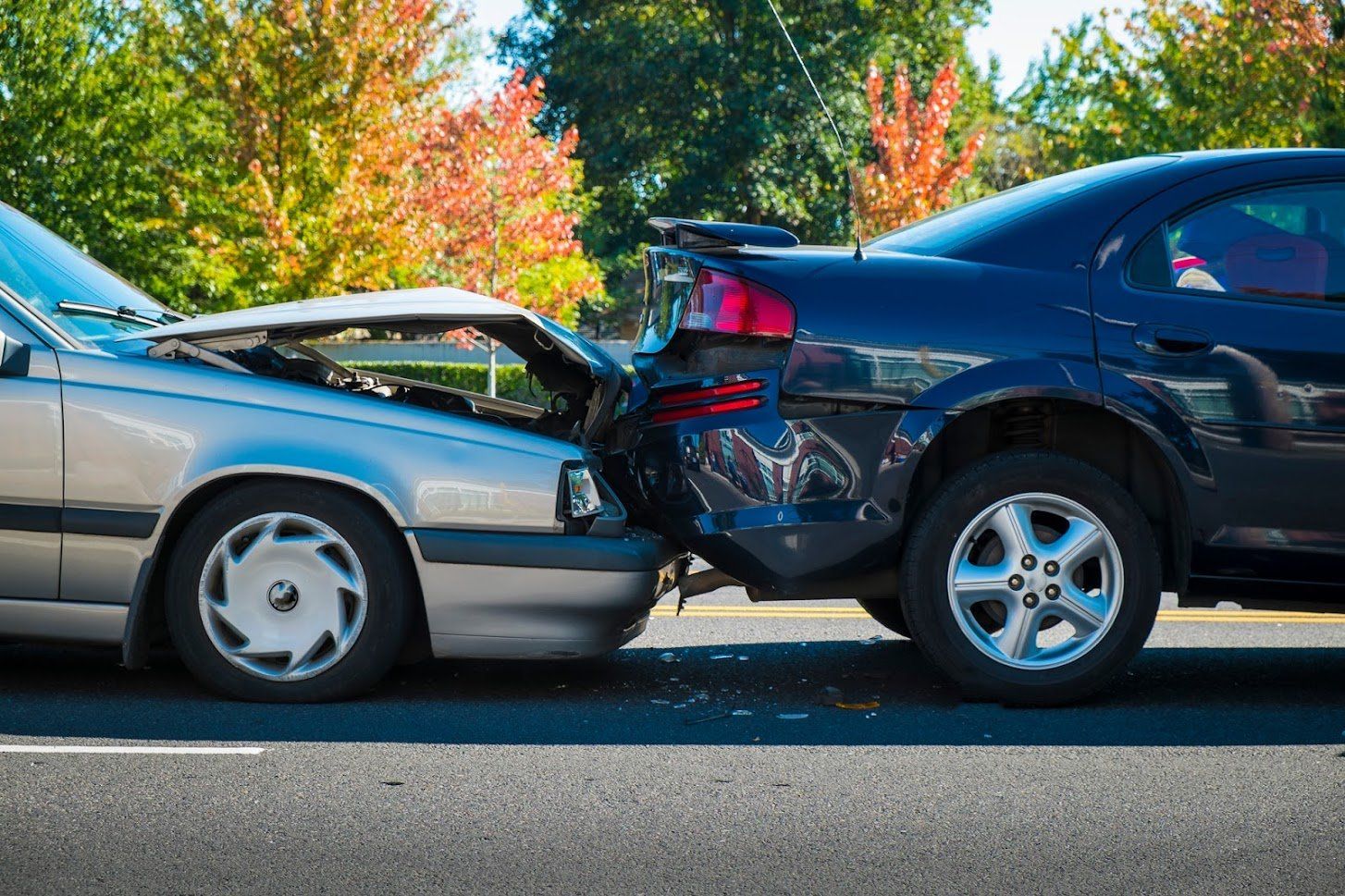How Does Rideshare Insurance Work? Answers to Your Questions

Do you supplement or replace your income through ridesharing services? Are you considering adding this gig work option to your schedule? If so, proper insurance coverage becomes more complicated. To protect yourself, your passengers, and your finances, you need to know all your options and how to choose among them.
Rideshare insurance is one of the most important of these options. Here are some answers about how it works.
Is Rideshare Insurance Required?
Each state decides the rules about what insurance drivers must carry. In Illinois, both the rideshare driver and the company they work for must have liability insurance. However, the driver isn't necessarily required specifically to have their own rideshare insurance, which can leave gaps in coverage.
In addition, the minimum required coverage for personal auto policies is set by law at a standard number—including both bodily injury coverage ($50,000 per passenger and $100,000 per incident) and property damage liability if the driver is at fault.
When Does Rideshare Insurance Kick In?
Rideshare insurance is designed to work alongside personal car insurance, not to replace it. There are specific parameters that outline when and why the rideshare portion of any insurance coverage kicks in. In general, it covers any period when you have accepted a ride and are traveling to pick up the passenger or when they are in the car.
However, waiting periods may or may not be included in specific policies. These are gray areas, especially if you have not yet logged into an app or are driving to an area to wait for rides. Personal auto insurance carriers may not want to cover accidents during these unique periods. Every driver should read the fine print of all their policies.
Can't You Just Not Tell Your Insurer?
Business activities are generally excluded from personal insurance coverage. So, budget-minded rideshare drivers may be tempted to simply not tell their insurer that they are performing the services. However, the insurer will investigate claims if it must pay out, and it can deny those claims by you or your passengers if you’ve withheld information about the car use—putting you in personal financial jeopardy. It may also terminate your coverage.
What About the Company's Insurance?
Rideshare companies may provide some insurance coverage for drivers who work independently under their oversight. They may, in fact, be required to do so—as they are under current law in Illinois. But is that insurance sufficient for your needs? It may not be. Insurance provided by a separate company is designed to protect their interests, not yours.
First, as mentioned, their insurance may only cover certain parts of your rideshare time. The companies also often charge a high deductible of thousands of dollars. You may be able to get lower deductibles or cover that deductible under out-of-pocket reimbursement under a private policy. Finally, company insurance usually doesn't include other features like roadside assistance in an emergency.
Can You Bundle Personal and Rideshare Insurance?
Many insurance carriers now provide rideshare insurance in a bundle with personal auto insurance. It can be either a rider attached to the personal policy or a separate policy of its own. Some of these companies mandate that you must have personal auto insurance from them if you want rideshare insurance.
There is an advantage to this. You must deal with only one company if anything happens—no matter what, when, or how. The right two policies fill in each other's gaps and generally operate under the same rules. You can get better prices through bundling, and you have a reputable insurer you already trust.
Whether you're considering taking the rideshare plunge or have already done so, now is the time to ensure you are fully protected against financial loss. Meet with the insurance professionals at Clover Insurance. We'll design a combination of insurance coverage to meet all your needs, both business and personal. Call today to make an appointment.














